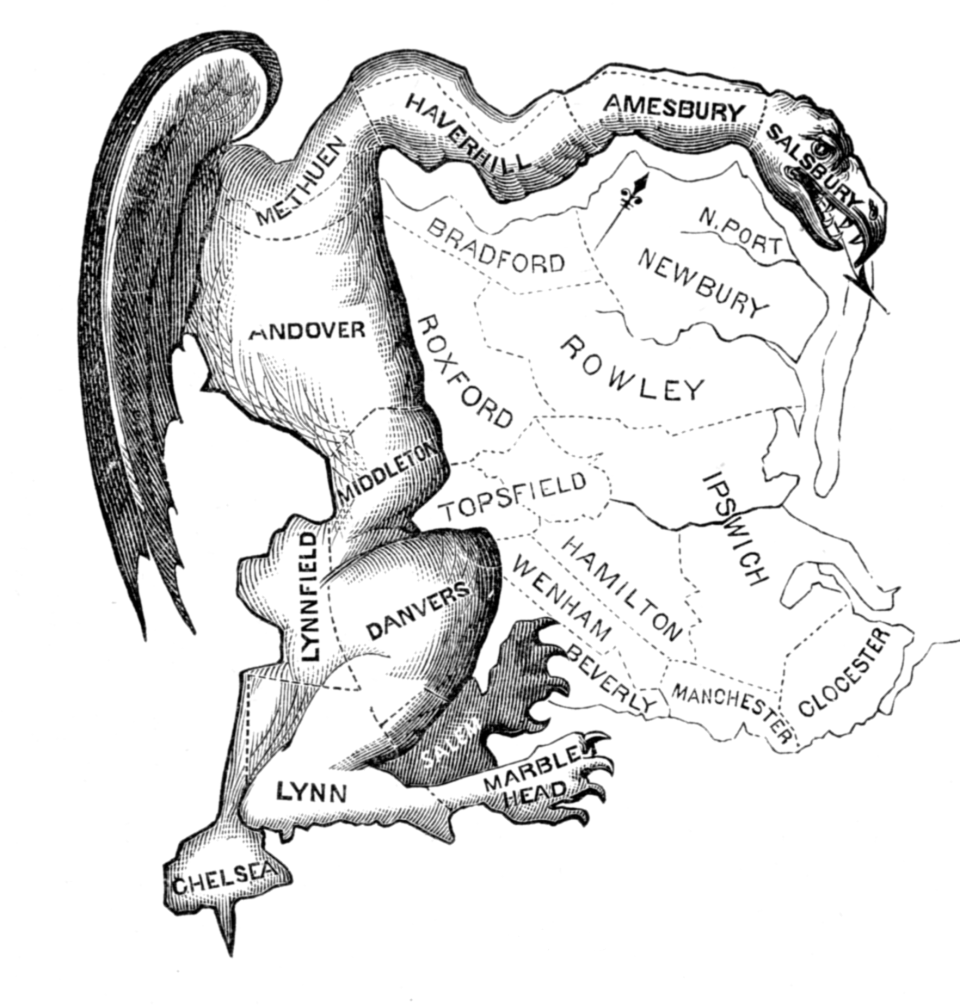Opinion: Texas refuses to address gerrymandering of House districts
A few years ago, SCOTUS ruled against having gerrymandering cases, no matter how unfair, brought into the federal courts. This decision exacerbated the political fighting at the state level, gutting voting rights and unfairly removing decision making from the voters and transferring it to “those who would manipulate maps for their own political gain.”
Upon the release of the decision, the non-profit Brennan Center correctly predicted that Texas and three other Southern states controlled by the GOP (Georgia, North Carolina and Florida) would be the battleground states for gerrymandering. According to them, there was “even greater room for unfair processes and results than in 2011, when the country saw some of the most gerrymandered maps in its history.”
Some states have enacted laws to make the process more equitable. However, not Texas and the 3 other states. They have been solid red in past years but are becoming bluer, slowly but surely. And that fact scares the GOP leadership on the national, state and local levels. Texas, a big state with rapidly changing demographics, is a GOP top gerrymandering priority. And so is voter suppression aimed at the Democrats (especially Latino and Black voters).
Once upon a time, gerrymandering was a hit and miss proposition. But no more. With computers, districts can be gerrymandered down to the block level. In most states, any public official can make an appointment and go to the Capitol where a staff member will assist them in creating various geographic scenarios to help get them elected. I’ve personally seen the process in action.
In the above four states, gerrymandering means having very high concentrations of Democrats in a few districts while spreading out the rest of the democratic vote in the remaining districts (the majority of districts) to get more Republicans elected. It also entails creating weird looking voting districts that break up natural areas of interest and communities, subverting the will of the voters by making the impact of each vote unequal.

Existing maps of Texas House districts illustrate how this plays out, giving the GOP an unfair advantage despite voter preferences. In Texas, Trump received 52% of the 2020 Presidential vote. Yet, the GOP has 25 of Texas’ US 38 House seats (66%)...rather than 19 (50%).
In fact, the same is true in the other 3 states. In Georgia, 49% of the vote went for Trump, but 64% of Georgia reps are GOP. And in Florida 51% of the vote was for Trump, but 71% of their House reps are GOP.
Only in North Carolina is the number of representatives proportionate (50% of votes went for Trump, 50% of reps are Republican). If the number of representatives were proportional to the GOP/Democrat vote ratio in the three other key swing states, the Democrats would control the 2023 House rather than the GOP.
On the national level, there was an excellent bill, HR-1, which would end the travesty of gerrymandering. The For the People Act was passed by the Democrat-controlled House in March of 2021. But it stalled in the Senate due to two Democrat conservatives (Manchin and Sinema). Thus, the Democrats lost the House in 2022 in large part due to state-level GOP gerrymandering in Texas and other key states.
There is only one way to solve the problem of gerrymandering. And that is to put Supreme Court justices in place who will support democracy rather than their right-wing activist ideology. And, that means having more Democrats in the US Senate to confirm appointments, along with a Democrat as President to nominate reasonable people rather than ideologues.
Jack Bernard is a retired corporate executive who worked extensively with hospital systems throughout Texas.
This article originally appeared on Corpus Christi Caller Times: Opinion: Texas refuses to address gerrymandering of House districts

